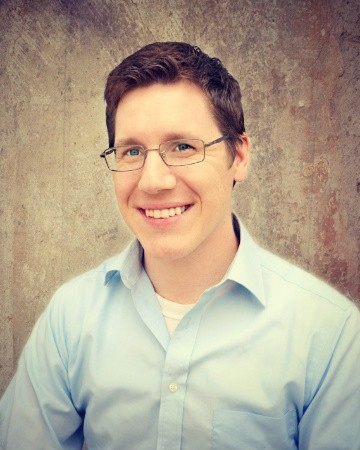
Get to know Jonny Verbeten, a PhD Candidate here in the School of Music!
"A Journey from the North to the South Confines of Music Making"
We recently interviewed Jonathan Verbeten, an outstanding PhD candidate from the TTU School of Music who has gone through a very special and unique journey of learning, performing, and researching within the universe of music making. These experiences allowed Jonathan to elucidate and discover a very strong passion for jazz, improvised music performance, music theory and history, music teaching and research. As a graduate student from the Musicology Department, in this interview Jonathan shares with us why he decided to join the School of Music: he found a unique interdisciplinary program in the field of fine arts that is highly attractive and competitive in the current market of music, while being inspiring and rewarding for the curious students who see unlimited possibilities to learn and grow.
Jonathan, can you share with us a little bit of your background?
Yes! People call me Jonny. I'm from Racine, Wisconsin, south of Milwaukee. I never thought I was going to end up in Texas, but here I am! I moved from Wisconsin to Missouri, Arkansas, and Oklahoma, and then here. I completed my masters degree in Music History at the University of Arkansas. Before that, I completed a bachelors degree in piano performance, so my background is in piano. When I started college I played mainly classical music, but probably around my junior year I got into jazz music, and I never looked back once I got into it. I have a deep passion for improvised music in jazz, and really in any type of genre.
When I was working on my masters degree, I had to make a decision about whether I wanted to go toward a more academic role or a more performance-based role. I found myself to have an affinity for music history and musicology, so I went into that direction. I came to Lubbock in 2014 to start a Fine Arts PhD with an emphasis in Musicology.
What are your three favorite things you love to do as a musician, both individually and with others?
Well, at Texas Tech I've been very fortunate to get involved in the Jazz program here and I've been able to play in several of the ensembles. Through that, I made some really great and lasting friendships with several musicians and I've been able to play gigs outside of campus. As a performer, that has been a really incredible experience.
On the other side of what I do, I've really enjoyed working with both the musicology and the theory department here. I was fortunate to teach Introductory Theory during my first three years here, and I really found that to be a rewarding and gratifying experience. Then, through the Musicology department, there have been a lot of great opportunities—such as funding for travel, to go do research, or to present at conferences—so it's been a very enjoyable experience.
What have been some of your most recent fulfilling experiences and achievements?
One of the achievements I'm really proud of here is that in 2017, I was awarded a fellowship to do travel research through the Society for American Music. That fellowship first led me to attend a conference in Montreal in March 2017, and then it funded travel to go to New York City and do research at the New York Public Library. That was one of the great moments I have had in my experience here at Texas Tech, and I'm getting ready to do another similar trip. This December, I'll be going to San Francisco where I'll be doing archive work.
Why would you invite other students to join the Texas Tech School of Music, instead of other schools?
Having spent time in a lot of areas involving jazz, musicology, and music theory, I can just say that there are a lot of interesting and exciting things going on this campus. When I first got into the program, I was curious about the interdisciplinary nature of the Fine Arts doctoral program. Since I've gone through the program myself, I've really enjoyed the opportunity to work with colleagues from across disciplinary boundaries.
As I prepared for the job market, I realized that a lot of schools do actually value that type of program, and it has led to some experiences that I don't think I would have had elsewhere. For example, I was able to teach Critical Issues in the Arts, a course that engages with the visual arts, music, theater, and dance. I don't think I would have been able to develop any level of expertise in those areas if I hadn't joined the unique program that we have here, with excellent professors and faculty. It has been a really rewarding experience, and I'm glad I came here!
